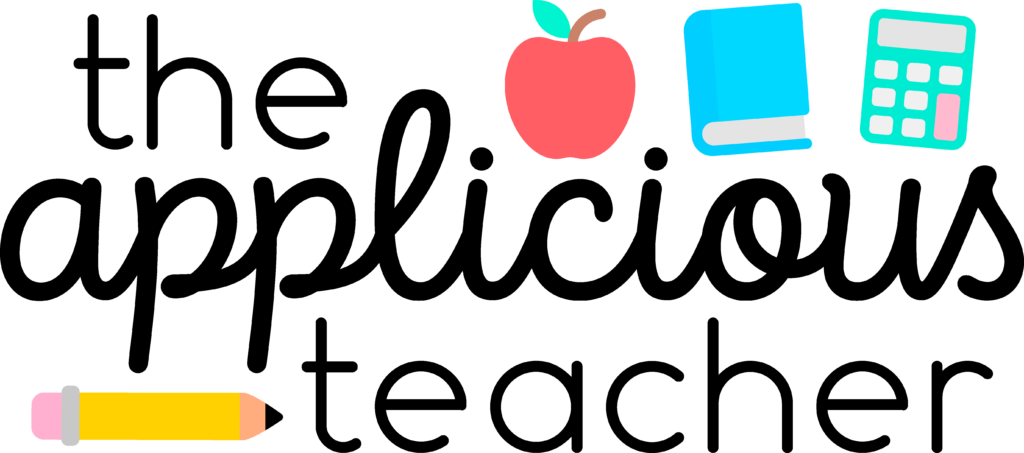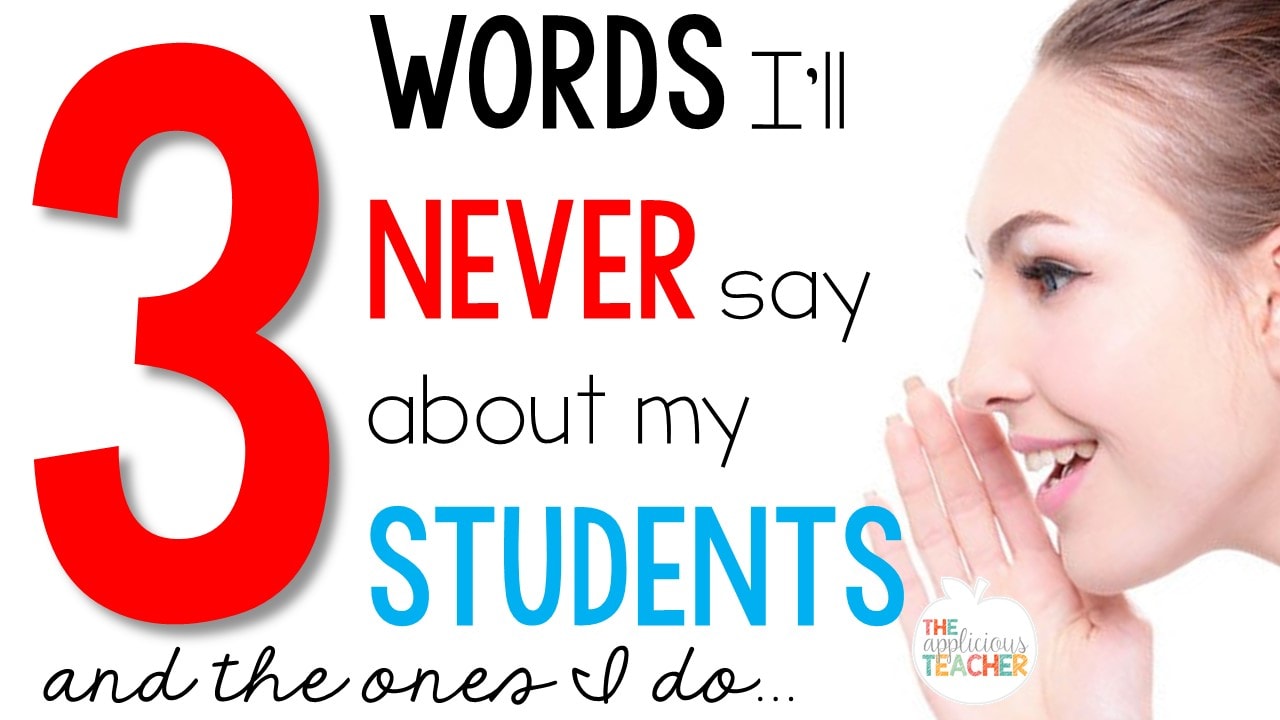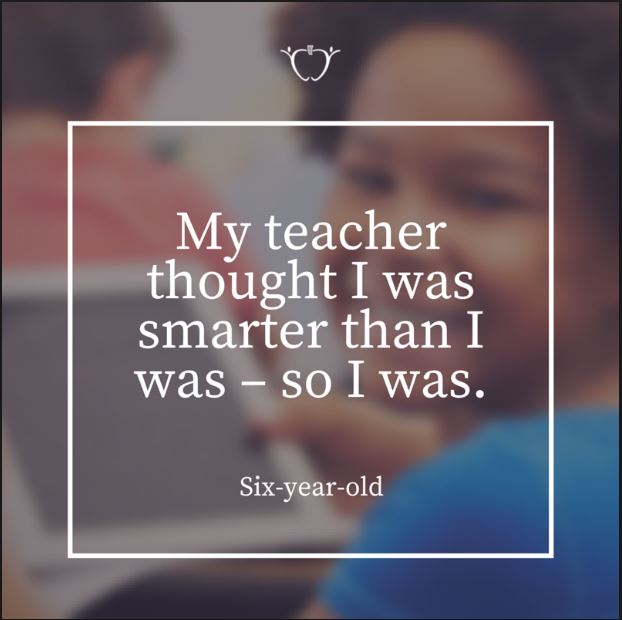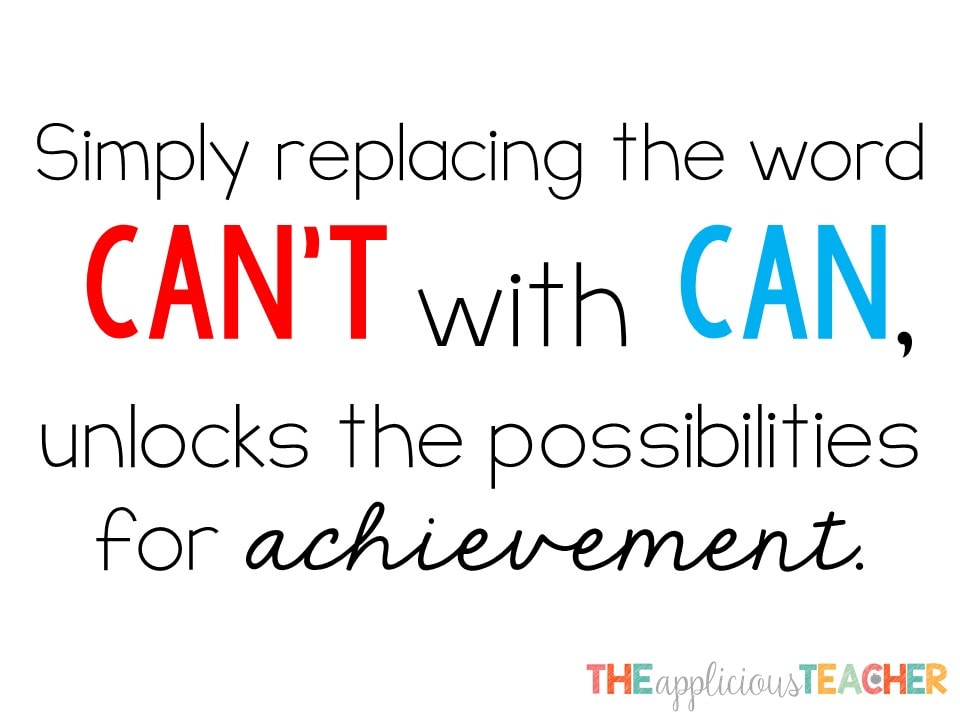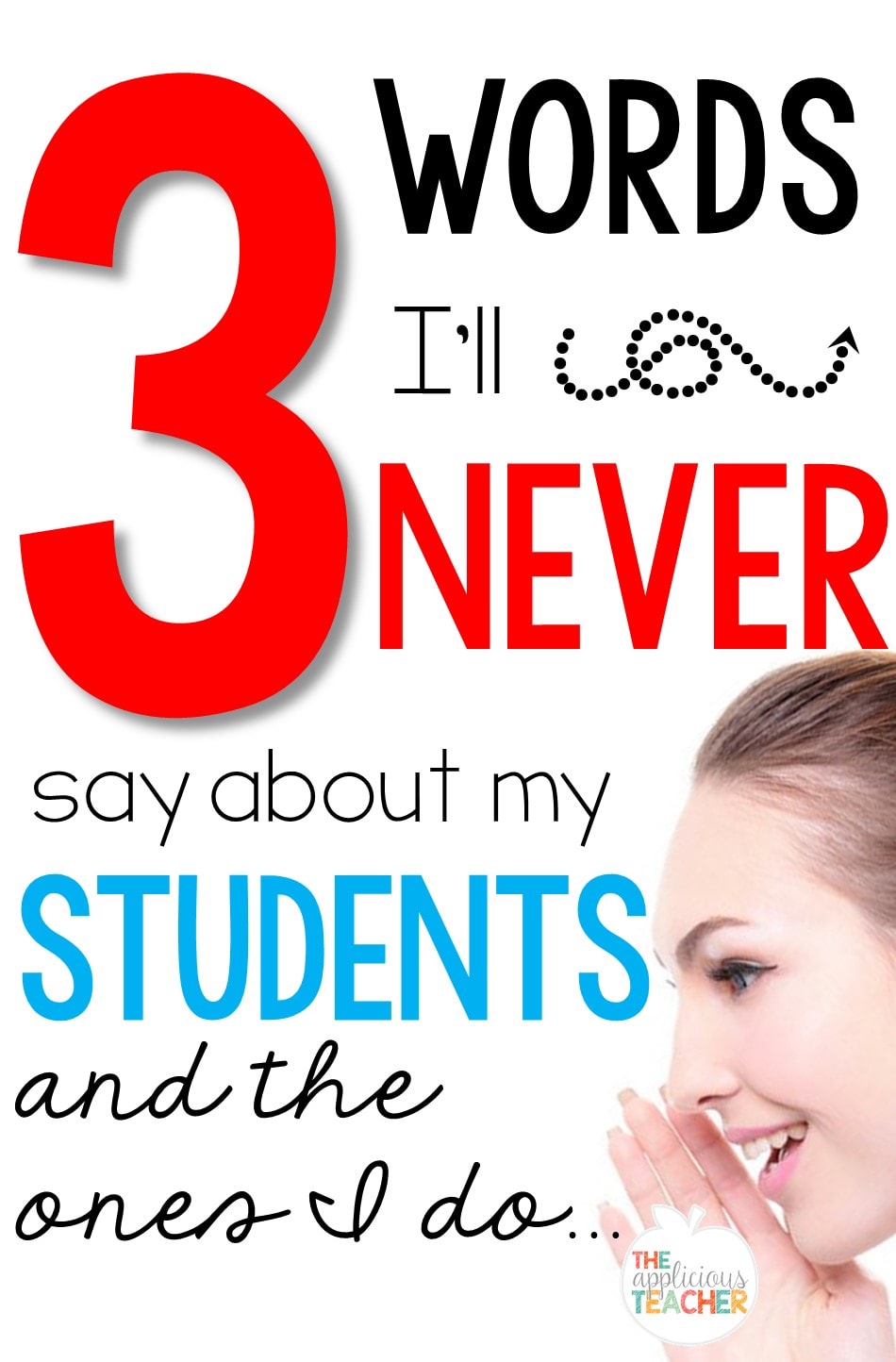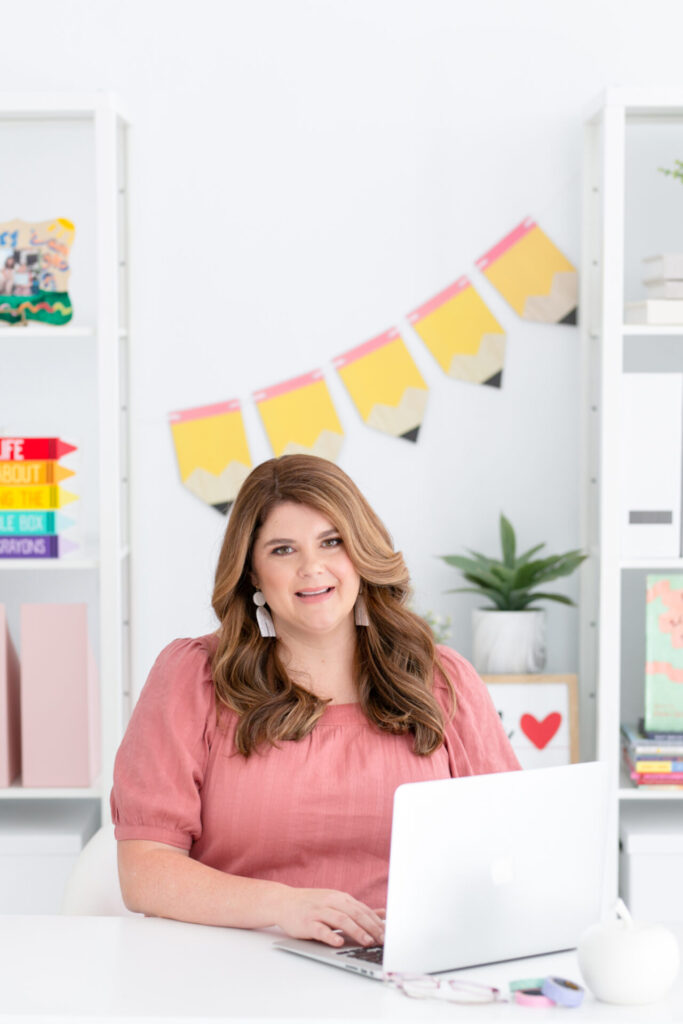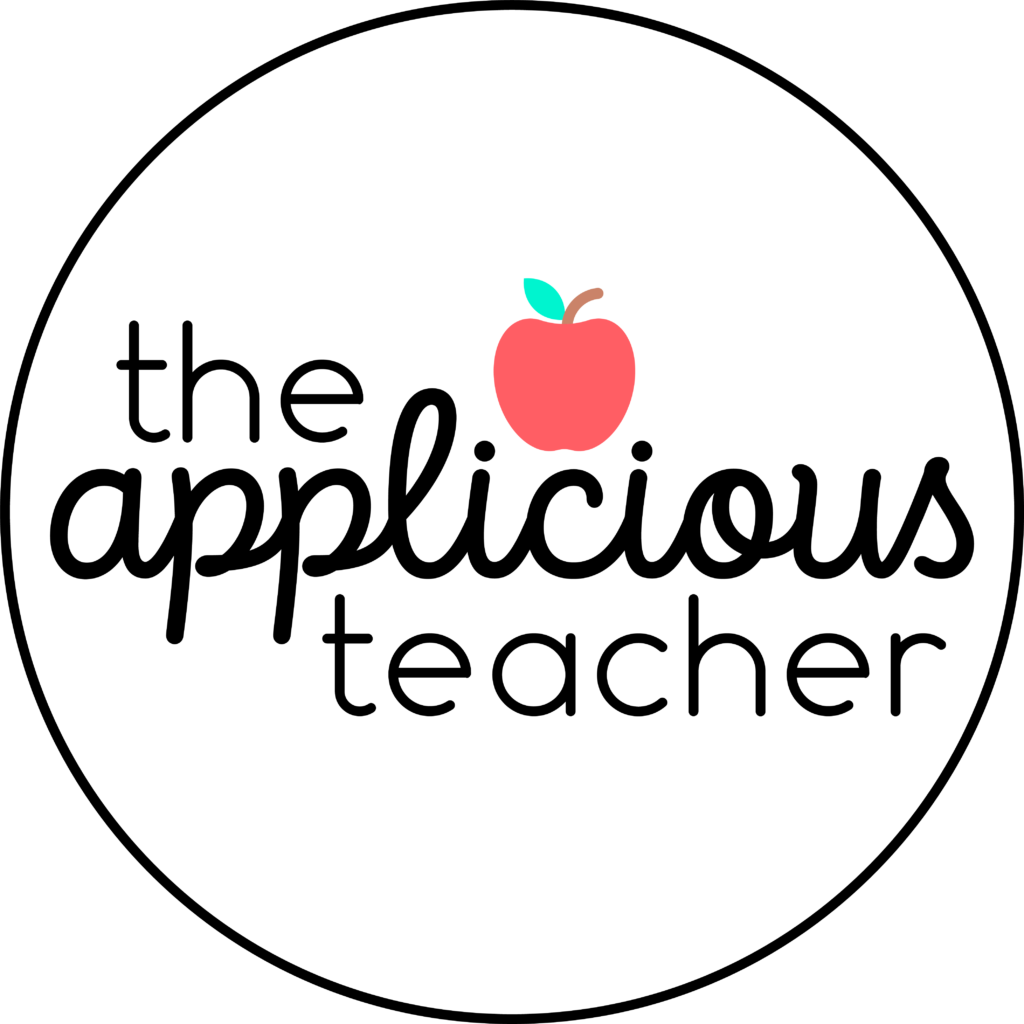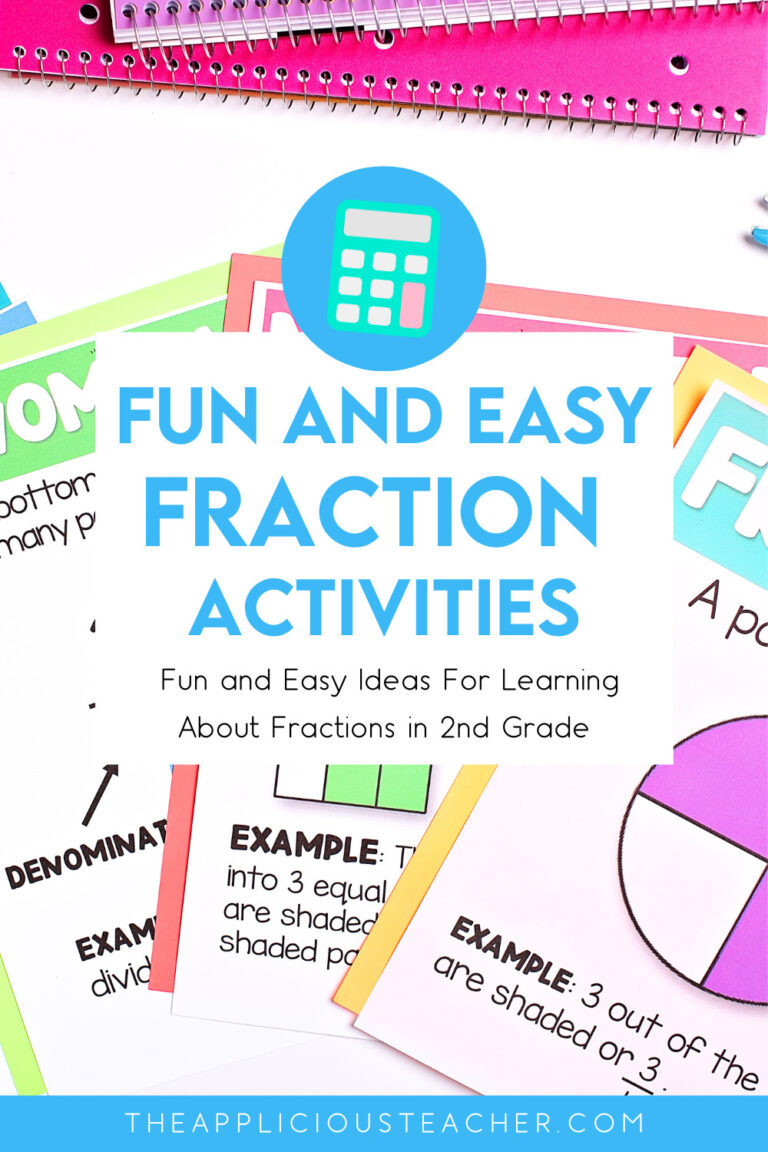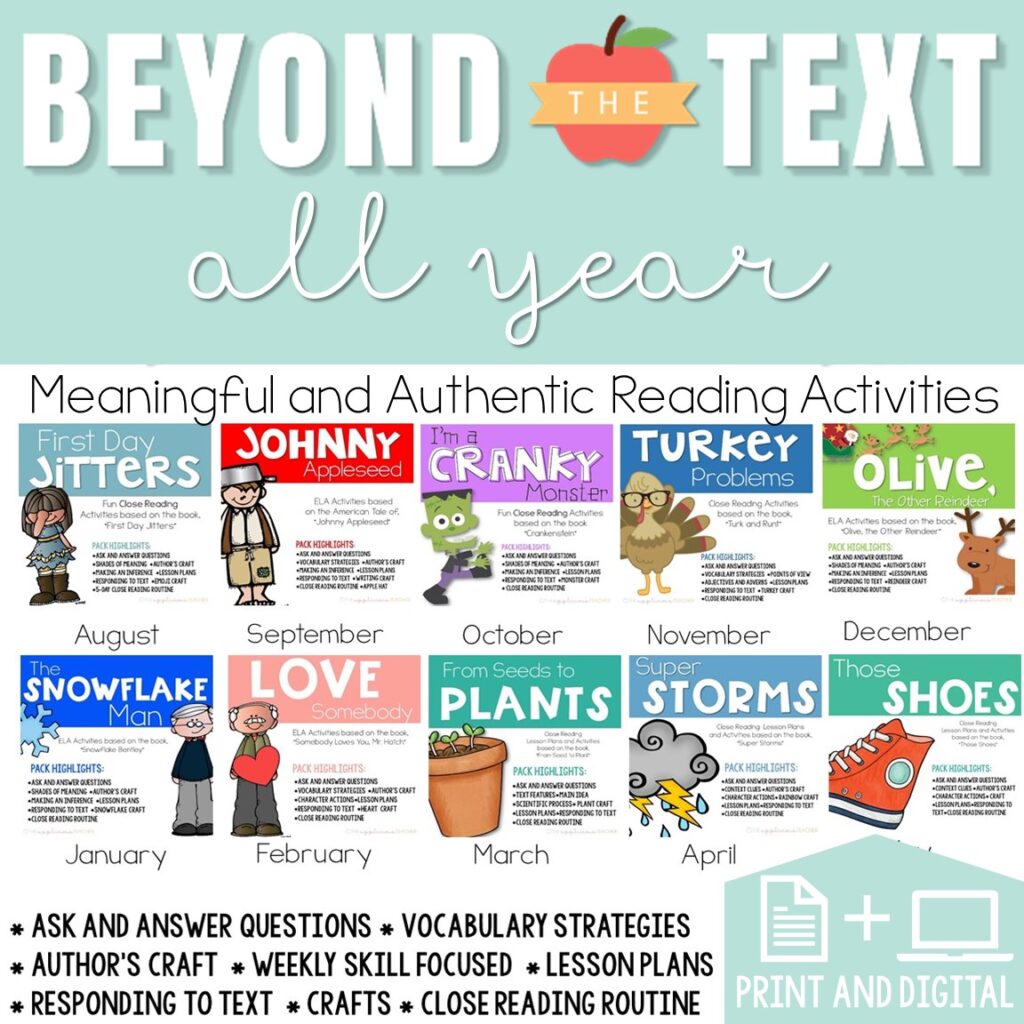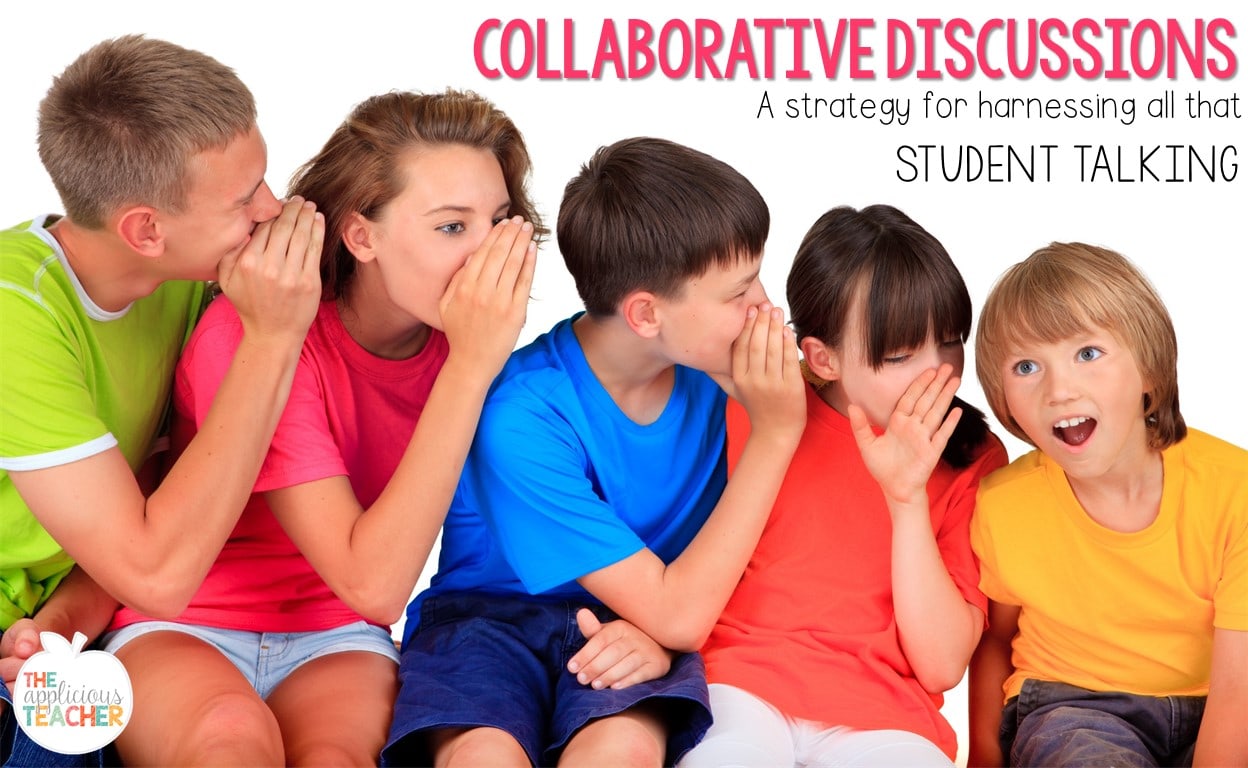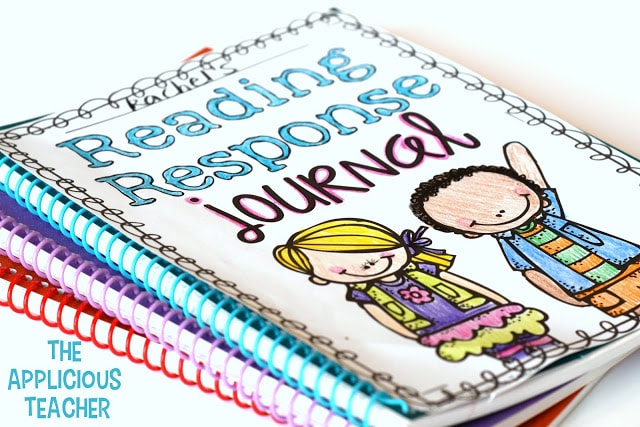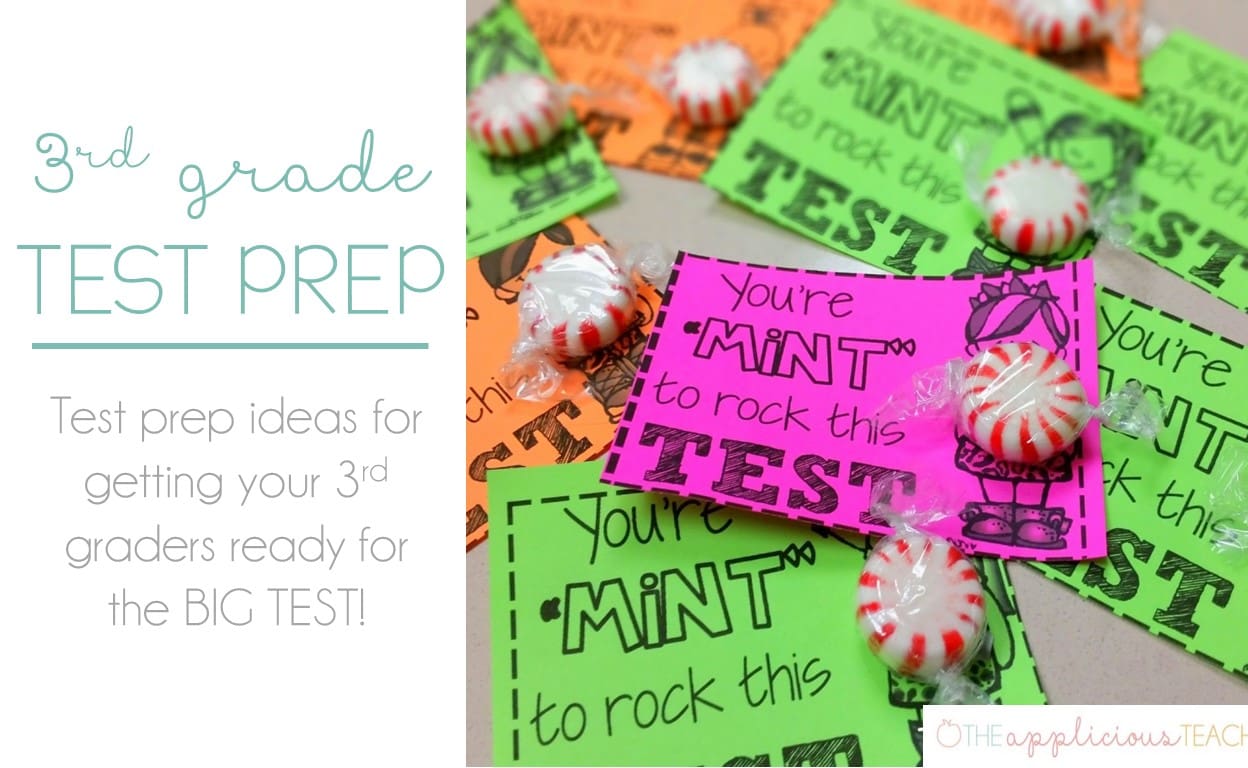As I sat in a meeting with my second grade team… my mind began to wander to the more important things that needed to get done in my room. It was Thursday. Next week’s plans needed to be finalized, copies set out, homework ordered, centers made… I needed to be everywhere but at this meeting. But as I mentally reviewed my ever growing checklist, three words snapped me back to reality.
We all know there are some words that teachers should never say in front of their students. Most of them are 4-letters. But, there are also words you should never say about your students…
“My students can’t…”
Those three simple words… those seemly harmless, only when you’re upset, to your teaching bestie, words… are the absolute worse things you can say about your class. A student. A group. EVER.
Why?
Well… simply put… if they are uttered enough, you begin to believe them. Those words and thoughts creep into your mind and begin to undermine even your best teaching strategies. It becomes a self fulling prophecy. You believe that they can’t, so they can’t.
Here’s a very personal example. Two years ago, I decided to leave my perfectly happy position as a second grade teacher at a rather affluently school and teach third grade at a Title I school within my district. I was a proven 2nd grade teacher with strong test scores. I felt like I had to do this. And how different was third grade from second anyway? But, all I heard from everyone it seemed, was how my new students couldn’t do this or would never be able to do that…
and sadly, I believed them. My first semester at that school was the hardest of my career. My class was out of control, my lessons were watery at best. This wasn’t what I signed up to do. I wanted to help these students, I wanted to inspire them, push them, like I had done for seven previous years. Not spend my day on discipline and watered down lessons for reading and math.
Then, it was time to take our first two BIG district assessments for the year. I’m not gonna lie. I was scared. I mean, I taught stuff… but I didn’t know how my kids would do. I wasn’t expecting much after all… These kids couldn’t.
After two grueling 90 minute sessions of testing. It was time to see how my kids did. How I did…
I scanned in those tests, refreshed the browser and waited impatiently for the class average. Staring back at me was the truth… my students performed exactly how I thought they would. Terrible. Why was I so upset? I was told my students couldn’t do it, I knew my students wouldn’t do well… but that 54% class average stung. At my previous school, the expectation was your class scores should always be at least 10% higher than the district’s average. I was sitting 15% below my district’s average. I cried.
I sought solace with my new third grade team. All the teachers had been teaching at the school for years and had years of experience in third grade. Maybe they could help me. I shared my concerns and my upset. I was told… “You’re not in Kansas anymore”. It wasn’t meant to be mean. I didn’t take it to be that way either… it was meant to say, “Here’s your reality check.” You’re teaching students who can’t. And you know what? She was right… I wasn’t in Kansas, but I wasn’t in Oz either.
As I reflected on the last eight weeks of teaching instruction, I realized the issue wasn’t my students. It was me. It was my attitude. My thoughts. I thought my students couldn’t. So, they didn’t. I never said, “You can’t do this…” to their sweet third grade faces, but the lessons I taught, the low expectations I had set… they all said “You can’t do it”.
I spent the next eight weeks working my pa-tooty off. I raised my expectations of behavior, reading, writing. I stopped believing the couldn’t. I stopped making excuses. I held my students responsible for their behavior, their work ethic, and their grades. It was hard.
Not only did the behavior in my class immensely improve, so did their grades. It wasn’t easy. And it didn’t happen over night. I worked to make my lessons potent and engaging. I stayed late working to design, create, and plan the best lessons I could think of. My students deserved it.
When that time came to take those district assessments again, I knew my kids would do well… because I knew they could. My students can.
After two way less grueling 90 minute sessions, I scanned in those tests, refreshed the browser and waited impatiently for the class average. Staring back at me was the truth… my students performed exactly how I thought they would. AWESOME. Why was I so excited? I was told my students couldn’t do it, and yet, now my students could… that 83% class average brought tears to my eyes. We weren’t 10% above the district average, but we did beat it by 2 points! I cried. I knew my students could!
Moral of this story? It’s all about you. You, the teacher, set the tone in your classroom.
This quote from The TeachersPayTeachers blog says it perfectly. Kids rise to your expectations. I know this to be true. And when you say even just to yourself, “My students can’t.” You’re short changing them and setting up for failure.
Words to say instead…
Instead of saying… can’t use the word can. This simple switch forces you to focus on the positive. It allows you to see the starting point for where your teaching needs to begin. For example, if you’re kiddos are struggling with writing multiple complete sentences to form a paragraph, you’d be tempted to say…
“My students can’t even write a complete sentence, let alone a paragraph.” (Said every second grade teacher at the beginning of the year!)
Instead… focus on what they can do.
“My students can capitalize the beginning of a simple sentence and add ending punctuation.”
Teachers should use what students have already accomplished to help move to what they need to accomplish. Be sure to show your students what they already know so that they can see they’ve already been successful on something similar. Learning is all about making connections to things kids already know how to do, so pointing out what they can already do something allows for students to make those connections easily and feel confident in taking the next step.
Now, I know there are somethings that students truly cannot do. I would never expect a kindergartner to complete complex calculus equations. Or even a second grader to perform on a 5th grade level. But, teachers should expect their students to perform according to their grade level standards. Effective teachers hold their students to those standards and if students are struggling to meet those standards, the instructor is ready to reteach and provide additional practice until that skill is mastered. If the student consistently demonstrates a lack of performance on grade level, the teacher may need to seek additional help through RTI or other school based interventions.
So what did I say to my team member as soon as she uttered those terrible words? I held up my hand, I asked her to tell us what her students can do so that we could we together to help improve their performance. Then, I rushed out of that meeting and straight to my classroom. Hey, that teacher’s to do list isn’t gonna check off itself!
Sign up to snag these!

Receive all these classroom management tools right to your inbox!
Success! Now check your email to confirm your subscription.
